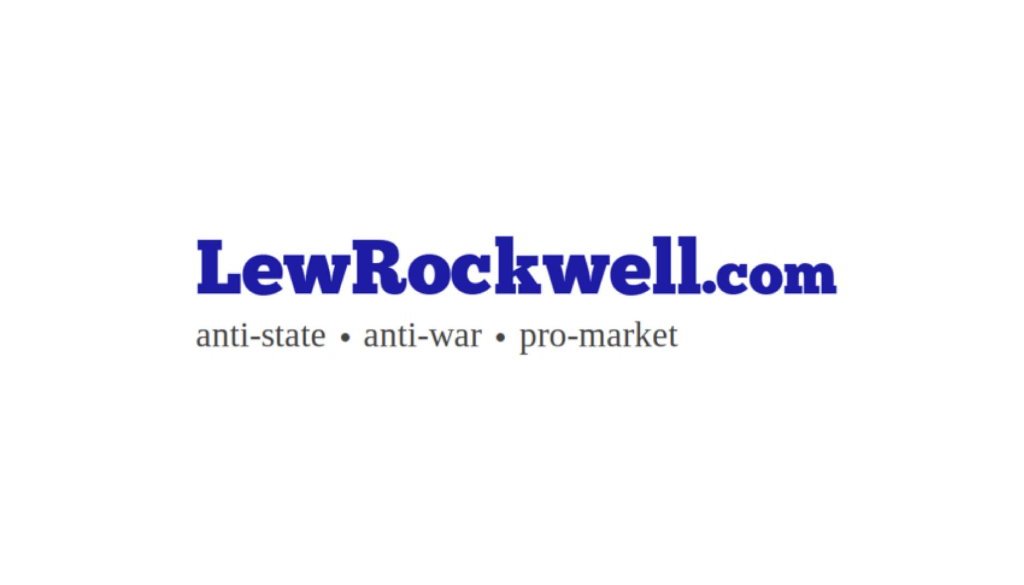Date With Destiny – BRICS Offers Hope in a Time of War
This is it. A date with destiny. All set for the most crucial geopolitical/geoeconomic gathering of the year and arguably the decade: the BRICS Summit under the Russian presidency in Kazan, capital of Tatarstan, where Sunni Tatars coexist in perfect harmony with Orthodox Christians.
All the excruciating work by sherpas and analysts throughout 2024 – supervised by the lead Russian diplomat in charge of BRICS, Deputy Foreign Minister Sergey Ryabkov – converged to three final, separate key meetings in Moscow before the summit, grouping BRICS finance ministers and central bank governors, working groups, and the Business Council.
All that in a context that is now familiar for the Global Majority. The combined GDP of the current BRICS nations is over $60 trillion, way ahead of the G7; their average growth rate by the end of this year is projected to be 4%, higher than the 3.2% global average; and the bulk of economic growth for the near future will come from BRICS member-nations.
Even before the meeting of finance ministers and central bank governors, Russian Finance Minister Anton Siluanov was stressing that BRICS is keen to bypass “politicized” Western platforms – a subtle reference to the sanctions tsunami and the weaponization of the US dollar – as BRICS work to create their own, Global Majority-friendly international payments system.
The context for what will be decided in Kazan this week is no less than incandescent, as the uncontrolled chaos of the Hegemon’s Forever Wars – from Ukraine to West Asia – has even materially affected the heavy work of BRICS and the necessity to build a new international system of geoeconomic relations practically from scratch.
A credible war escalation scenario may have been thwarted by the leak of secret high-level intel to the Five Eyes on the preparations by Israel-US to strike Iran. The strike will eventually happen – with dire consequences – but probably not this week, when it could have been timed to explicitly, and completely, disrupt the summit in Kazan and expel it from global headlines.
The joint statement by the BRICS finance ministers and central bank governors may not sound too adventurous, but the constraints reflect not only caution when facing a dangerous, cornered Hegemon, but internal contradictions among BRICS members.
The statement recognizes “the need for a comprehensive reform of the global financial architecture to enhance the voice of developing countries and their representation.” Yet it remains clear the US has less than zero interest in a profound reform of the IMF, the World Bank and the Bretton Woods system. Russia and China, especially, are fully aware that what is needed is a post-Bretton Woods.
The statement is more forceful on the BRICS Cross-Border Payments Initiative, dubbed BCBPI, welcoming “the use of local currencies in international trade” and “the strengthening of banking networks” to enable them. Yet everything for the moment is only “voluntary and non-binding.” Kazan is expected to give the process some edge.
Article from LewRockwell

LewRockwell.com is a libertarian website that publishes articles, essays, and blog posts advocating for minimal government, free markets, and individual liberty. The site was founded by Lew Rockwell, an American libertarian political commentator, activist, and former congressional staffer. The website often features content that is critical of mainstream politics, state intervention, and foreign policy, among other topics. It is a platform frequently used to disseminate Austrian economics, a school of economic thought that is popular among some libertarians.


